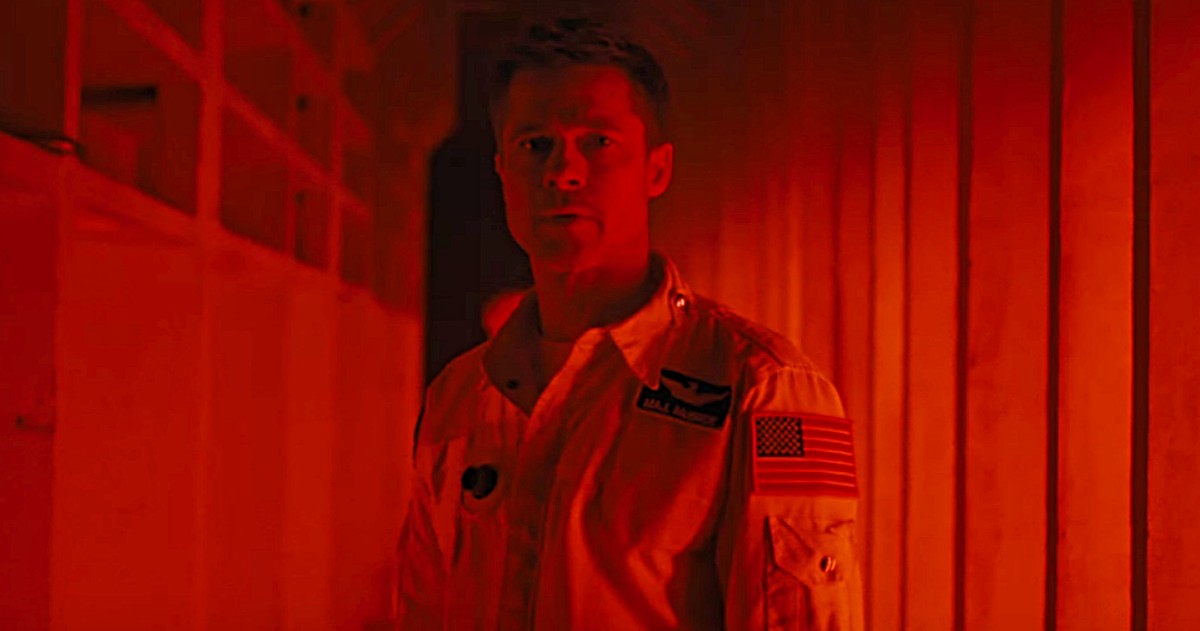Directed by James Gray and starring Brad Pitt, Ad Astra follows astronaut and former soldier Major Roy McBride in the near future, as he ventures into the depths of space to find his long-lost father, who the US military believes is at the centre of repeated energy surges, which threaten all life in the solar system. Pitt shines in the role as the troubled and dysfunctional Roy McBride, affected by his father’s (Tommy Lee Jones) decision to search for other intelligent life in the universe, and his later disappearance. The film is visually stunning with consistently impressive depictions of the various planets, moons and space stations that are encountered. The world of this near-future universe is impressively created with great detail, particularly in the ways that the film presents the human colonisation of the solar system. However, the film ultimately feels a bit lackluster, primarily because it tries to maintain tension and intensity throughout with no moments of relief, leading to the film fizzling out as it reaches its conclusion.
There’s a constant feeling that you’re waiting for a big twist or an answer of some kind that never really comes. It’s ultimately exactly what it says on the tin; an astronaut goes into space to stop his father from potentially destroying everything, yet without the excitement that that synopsis promises. The central theme of humanity’s search for answers in the universe is delivered with subtlety but is often too subtle, only popping up to remind you at certain points, meaning it struggles to build momentum towards the climactic scenes. The main culprit for this seems to be McBride’s spontaneous narration and inner monologues which, yes, display how he feels, but are unnecessary given that there are opportunities for this to be more seamlessly integrated. Yet, the subtlety and the fact that McBride is a man of few words, does help create one of the film’s most important moments. Late on there is a scene in which McBride and another character are suiting up for a trip into space when the film’s central theme surfaces between their interaction. In this conversation, McBride’s response is perhaps ultimately the prophetic answer to the question that the film suggests.
This is by no means a bad film, but it’s difficult to understand what we’re supposed to either expect going in or take away as we leave. The narrative is often too straight forward for what the tone and atmosphere suggest. The film is held together by Pitt and his well-written character, as well as the film’s visuals and set-pieces, but by its conclusion ends up being ultimately underwhelming.
Image Credit: Walt Disney Studios

